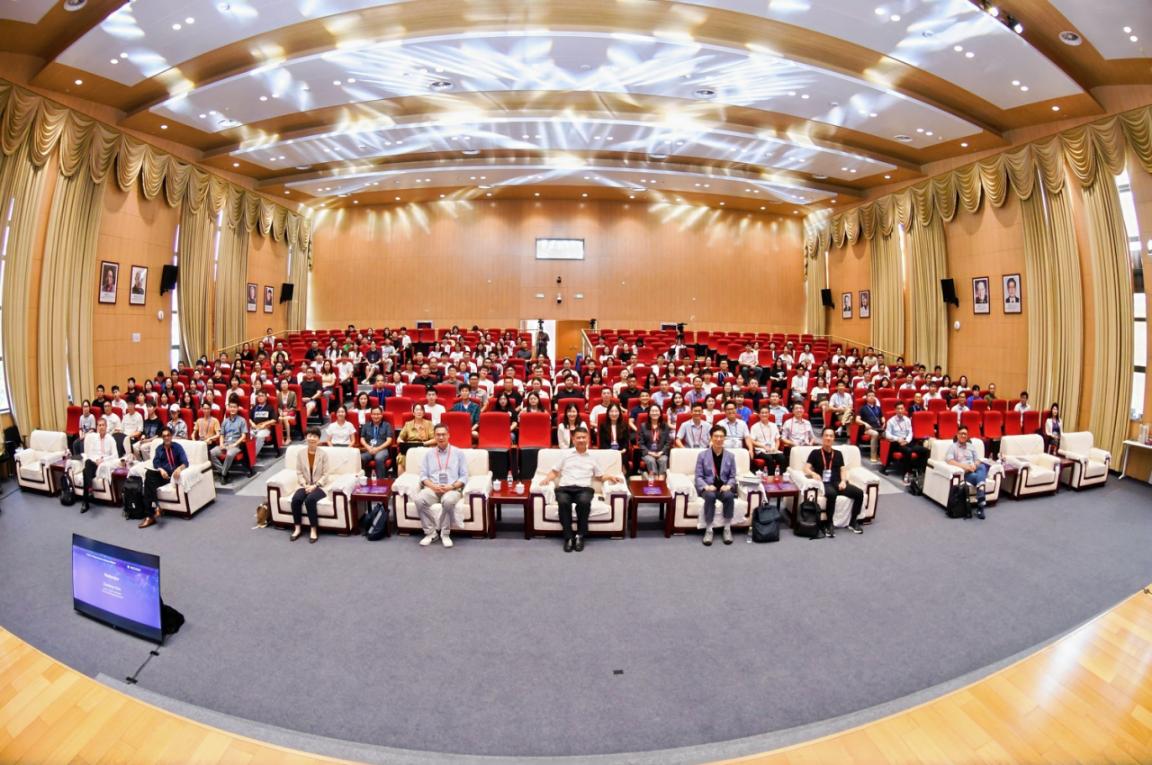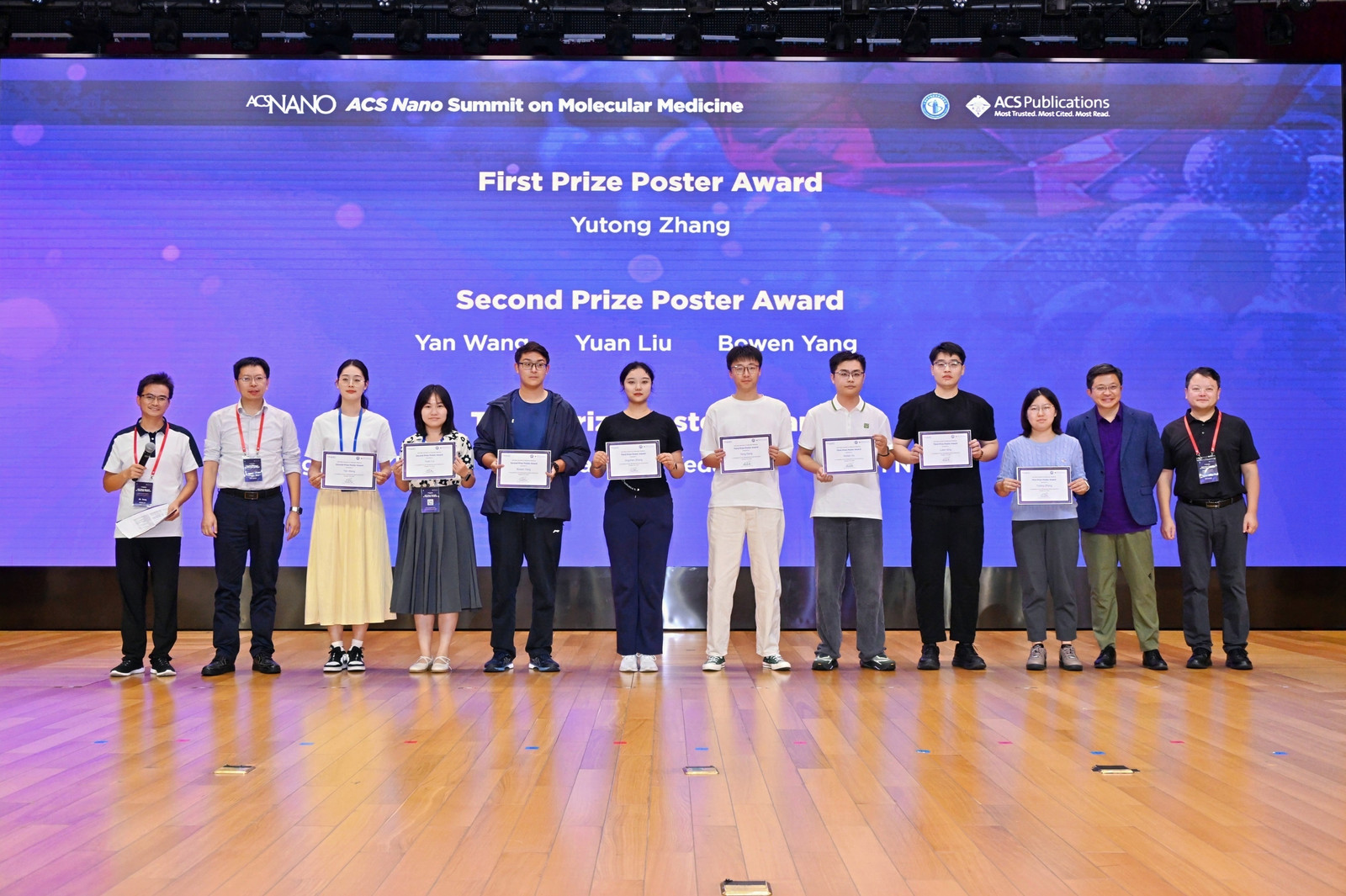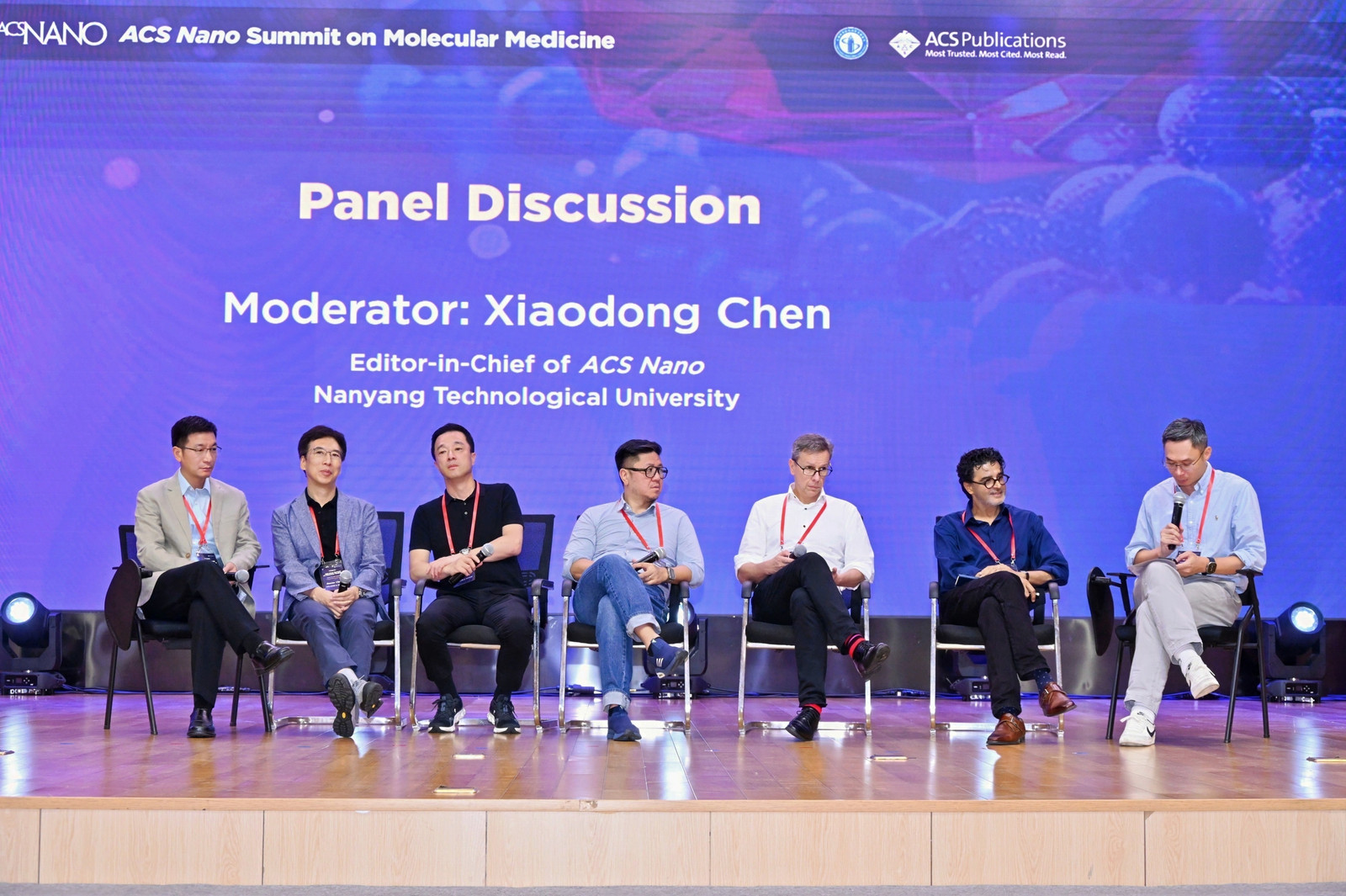Hangzhou, China – October 11–12, 2025 — ACS Nano Summit on Molecular Medicine, co-organized by ACS Publications and the Hangzhou Institute of Medicine, Chinese Academy of Sciences (HIMCAS), successfully concluded in Hangzhou. The conference brought together leading experts, early-career scientists, and clinicians from top institutions worldwide to discuss the latest advances at the intersection of nanotechnology, molecular science, and medicine, and to envision future directions for precision healthcare innovation.
With the theme “Nanotechnology Empowering Molecular Medicine Innovation,” the conference focused on how interdisciplinary collaboration can address major global health challenges such as aging populations and complex diseases. The integration of nanotechnology, chemistry, biology, computational science, and clinical medicine is driving the development of next-generation technologies, including targeted drug delivery platforms, smart molecular diagnostics, and personalized therapeutic strategies, accelerating the translation of molecular research into clinical practice.

The conference opened with welcoming remarks by Academician Weihong Tan and Dr. June Tang from ACS Publications, who emphasized the critical importance of cross-disciplinary collaboration and international exchange in advancing molecular medicine.
A special highlight of the program was the ACS Scientific Writing Workshop delivered by Prof. Xiaodong Chen, who shared key strategies for writing and publishing high-impact scientific papers. The lecture hall was filled to capacity, with many attendees standing throughout the session, reflecting the strong enthusiasm among early-career researchers for improving their academic communication skills.
The first day of the conference focused on innovative applications of cutting-edge nanotechnologies and molecular tools. Talks covered diverse topics including aptamer-based molecular platforms (Weihong Tan), mRNA cancer vaccine development (Xiaoyuan Chen), conjugated oligoelectrolyte strategies for membrane modification (Guillermo Bazan), and designer nanomachines for precision medicine (Jinwoo Cheon). Warren Chan discussed mechanisms of nanoparticle delivery, Dongsheng Liu presented a supramolecular dual-targeting strategy to improve CRISPR specificity, and Ting Zhu introduced advances in mirror-image molecular biology. A lively panel discussion moderated by Xiaodong Chen explored future directions of nanomedicine and its translation into clinical practice.
The Poster Session, held on the evening of the first day, was a major highlight. Led by students and early-career researchers, it showcased cutting-edge projects in nanomedicine, molecular diagnostics, drug delivery, and synthetic biology. The session not only offered young scientists an important platform to present their work but also created valuable opportunities for direct exchange with leading international experts — truly empowering the next generation of scientists.
The second day expanded the discussion to molecular imaging, precision nanomedicine, synthetic biology, and smart therapeutic systems. Academician Chunying Chen presented strategies for manipulating the nano-protein corona for precision medicine. Jwa-Min Nam shared advances in plasmonic nanogap-enhanced Raman scattering for biosensing, Tony Y. Hu discussed nano-/micro-technologies for personalized management of tuberculosis, and Hong Zhang introduced molecular imaging approaches that support heavy-ion cancer therapy. Atul N. Parikh and Chaoyong Yang provided new perspectives on mesoscale biomolecular interactions and single-cell spatial multi-omics sequencing, offering deeper insights into tumor microenvironments.
Further presentations highlighted advances across diverse research frontiers, including solid-state NMR techniques in heterogeneous catalysis (Guangjun Hou), AI-enabled proteomics analysis (Liang Qiao), lipid-based RNA delivery systems (Xueqing Zhang), clusterzyme-mediated neural injury repair (Xiaodong Zhang), and microalgae-based drug delivery platforms (Min Zhou). Qi Liu, Yilun Ying, and Mengfei Yu presented research on TCR language decoding for cell immunotherapy, nanopore electrochemistry for single-molecule reaction studies, and organelle nanotechnology for applications ranging from oral care to systemic therapies.

In the closing session, poster award winners took the stage for Flash Talk presentations, showcasing their innovative ideas and research potential, and receiving enthusiastic applause from the audience.
The conference concluded on a high note. Experts agreed that future breakthroughs in molecular medicine will rely on deep interdisciplinary collaboration and global partnerships. The successful organization of the ACS Nano Summit on Molecular Medicine not only showcased the latest achievements in nanotechnology and molecular medicine but also injected new momentum into the advancement of precision medicine and healthcare innovation.




